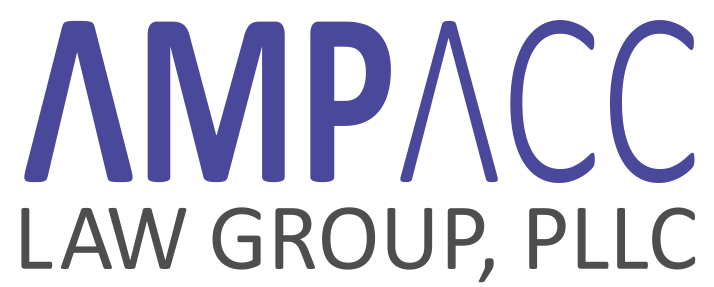Patent law protects rights in new and non-obvious inventions. More than this, it provides the owner of the patent with an exclusive monopoly on the invention in the market for a period of time. The ability to prevent competitors from practicing an invention has led to the market dominance of numerous companies.
Trade secret law protects knowledge, information, or inventions that may not qualify for patent protection, but still holds value in being known only to its owner. In other words, a trade secret loses value once it becomes generally known. Usually, this is information that a company has spent resources both to develop and to maintain confidential.
Trademark law protects what is commonly considered a company’s brand, and thus, its reputation and goodwill. This brand may be a word, a slogan, or simply a design. Owning a trademark provides a monopoly that prevents others from using the same mark or a similar mark if use of the similar mark would be confusing to consumers.
Copyright law protects original artistic works, from literature and music to art and architecture. Copyright is also a mechanism for protecting software code, and may provide a layer of protection in addition to patent law. Due to its versatility, copyright is at times used in conjunction with trademarks to bolster protection of important assets.
AMPACC Law Group, PLLC is a boutique intellectual property firm that assists its clients in obtaining and enforcing intellectual property protection in each of these legal practices. The information provided in this article is general in nature, and not intended to address any specific factual situation. If you would like more information about intellectual property law or AMPACC, please contact us.
